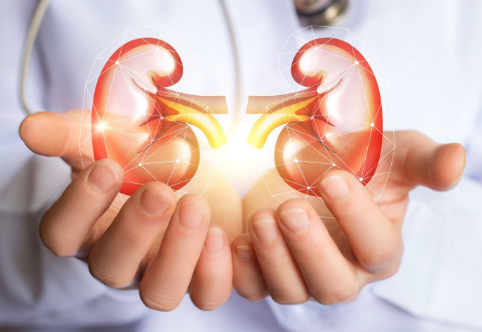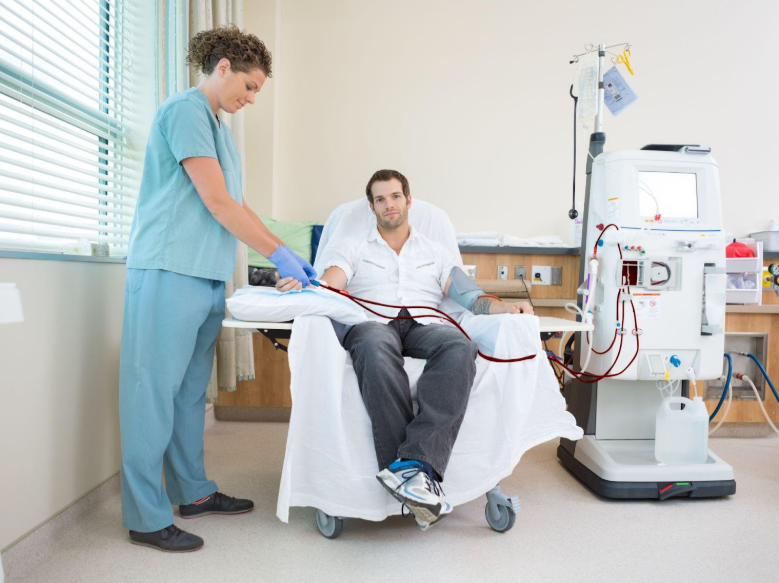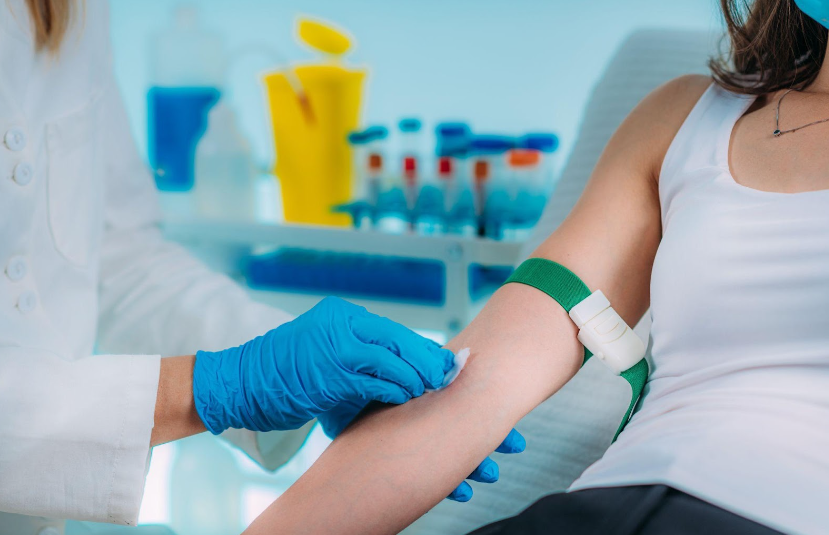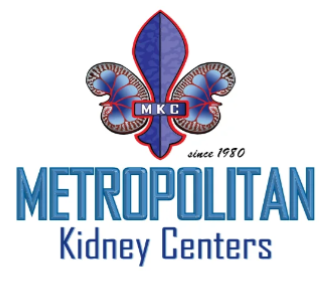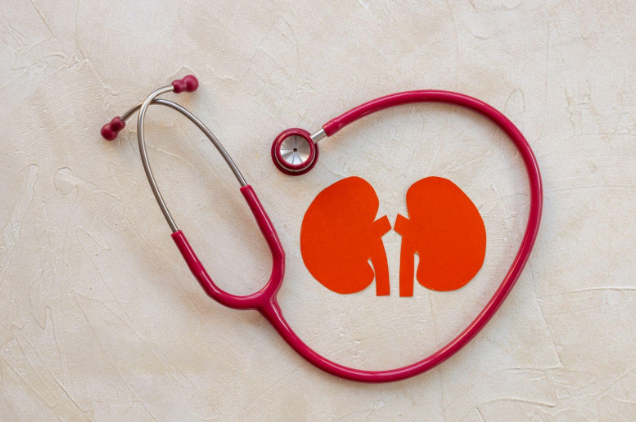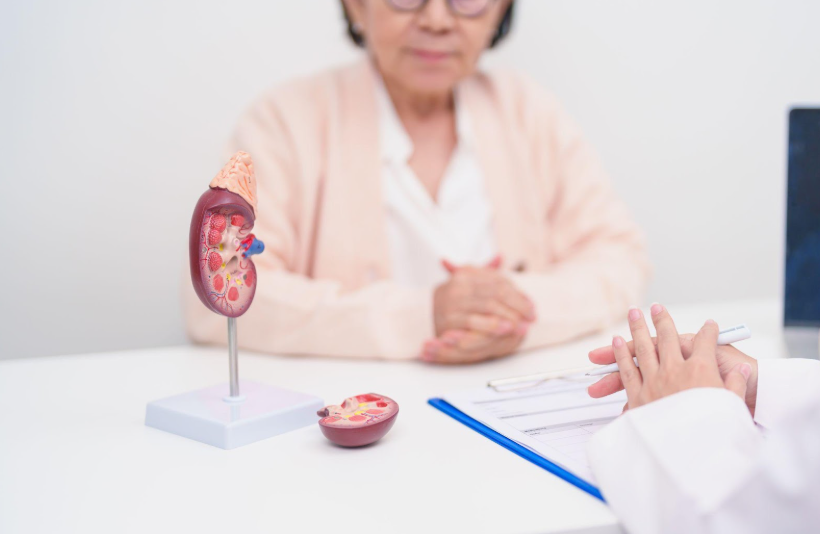How Hydration Supports Kidney Health and Helps You Stay Cool in the Summer Heat
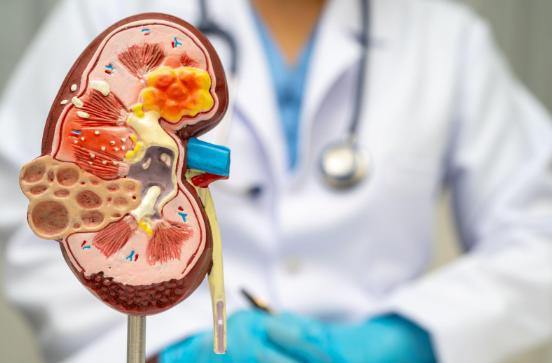
As the summer heat intensifies, maintaining proper hydration becomes crucial for your overall health, particularly for your kidneys. They are vital organs that filter waste, balance bodily fluids, and regulate blood pressure. When dehydration sets in, kidney function can be compromised, increasing the risk of kidney stones, infections, and long-term complications.
The Critical Role of Hydration in Kidney Function
Water is vital for thermoregulation, especially during high temperatures. Adequate hydration allows the kidneys to filter blood efficiently, flushing out toxins and preventing harmful waste buildup. When the body is well-hydrated, urine remains diluted, reducing the likelihood of kidney stone formation.
Moreover, hydration supports healthy blood flow to the kidneys, such that they receive sufficient oxygen and nutrients. It also aids in the prevention of urinary tract infections (UTIs), as frequent urination helps remove bacteria from the urinary system.
The Risks of Dehydration on Kidney Health
When the body lacks sufficient fluids, the kidneys work harder to retain water, leading to concentrated urine and a higher risk of kidney stones. For those with pre-existing kidney conditions, staying hydrated is even more critical. Chronic dehydration can contribute to long-term kidney damage and increase the risk of developing:
Kidney Stone Formation
Low urine volume causes minerals like calcium, oxalate, and uric acid to become highly concentrated, increasing the risk of stone formation. These stones can cause severe pain and may necessitate medical attention.
Urinary Tract Infections (UTIs)
Insufficient hydration reduces urine output, allowing bacteria to multiply in the urinary tract. This increases the risk of infections, which, if untreated, can spread to the kidneys and cause more serious complications.
Acute Kidney Injury (AKI)
Severe dehydration can lead to a sudden drop in kidney function, reducing the kidneys' ability to filter waste. AKI can result from extreme heat, illness, or strenuous exercise without proper fluid intake and may cause long-term damage if not treated promptly.
Chronic Kidney Disease (CKD)
Prolonged dehydration over time can strain the kidneys, leading to gradual damage. If left unchecked, this can increase the risk of developing CKD, which affects kidney function and may eventually require dialysis or a transplant.
Advanced Strategies to Stay Cool and Hydrated During the Summer
Beyond simply drinking water, there are strategic ways to optimize hydration and kidney health.
Hydrate Before Outdoor Activities
Start hydrating well before heading outdoors to make sure your body has enough fluids to compensate for sweat loss. Drinking water consistently throughout the day is more effective than consuming large amounts all at once. If you plan to exercise, consider electrolyte-rich drinks to replenish lost minerals.
Maintain Electrolyte Balance
Electrolytes like sodium, potassium, and magnesium help regulate fluid retention and kidney function. A lack of balance can lead to dehydration or strain on the kidneys. Eating electrolyte-rich foods such as bananas, spinach, avocados, and nuts helps maintain proper hydration.
For those with kidney disease, it is important to monitor potassium and sodium intake under medical guidance.
Use Cooling Techniques
Stay in shaded or air-conditioned areas whenever possible. To reflect heat, dress in light-colored, loose-fitting, and lightweight clothing. Applying cool towels or ice packs to pulse points, such as the wrists, neck, and behind the knees, can help lower body temperature quickly.
Choose Hydrating Beverages Wisely
While water is the best source of hydration, other beverages can also support kidney health. Herbal teas, coconut water, and infused water provide hydration without added sugars or artificial ingredients. Avoid excessive caffeine, alcohol, and soda, as they can lead to dehydration and put stress on the kidneys. Low-sodium broths and diluted fruit juices can also be beneficial in moderation.
Eat Hydrating Foods
Incorporate water-rich foods into your diet to boost hydration naturally. Fruits like watermelon, oranges, and berries contain high water content, while vegetables such as cucumbers, lettuce, and zucchini provide additional fluids. Coconut water is another great option, as it replenishes electrolytes without added sugars.
Time Your Hydration Throughout the Day
Drinking too much water at once can overwhelm the kidneys, while drinking too little can lead to dehydration. A steady intake of fluids throughout the day helps maintain kidney function. Start your morning with a glass of water, and continue hydrating between meals.
If you engage in physical activity or spend time in the heat, increase water intake to compensate for fluid loss.
Monitor Your Hydration Status
The color of the urine is an easy way to determine hydration levels. Good hydration is indicated by pale yellow urine, whereas dehydration is indicated by dark yellow or amber urine. Other symptoms of dehydration include fatigue, lightheadedness, and dry mouth.
If you experience frequent dehydration, adjusting your water intake and electrolyte balance can help maintain kidney health.
Advancements in Kidney Health Monitoring and Treatment
Modern medical advancements allow you to use new techniques for kidney health assessment and catch potential issues early.
Glomerular Filtration Rate (GFR) Testing
GFR testing is a reliable way to check how well your kidneys filter waste. Doctors measure creatinine levels in your blood to estimate GFR, helping detect kidney dysfunction early. More advanced tests, like cystatin C-based testing, provide even more accurate results, especially for those with varying muscle mass.
Advanced Biomarker Analysis
Blood and urine tests can now detect kidney issues before symptoms appear. Markers like albumin, creatinine, and NGAL help identify problems early, allowing for timely treatment. Regular screenings can help you stay ahead of potential kidney disease and make necessary lifestyle changes.
Wearable Hydration Monitors
Proper hydration is essential for kidney health, and wearable devices make it easier to track. Smartwatches and hydration monitors measure sweat, electrolyte levels, and overall hydration in real time. These tools help you stay hydrated, reducing strain on your kidneys and preventing dehydration-related issues.
Home-Based Dialysis Options
For those with advanced kidney disease, home dialysis provides more flexibility and comfort. Peritoneal dialysis (PD) and home hemodialysis (HHD) let you manage treatment at home with guidance from your doctor. These options reduce hospital visits and offer a more convenient, personalized approach to care.
Every sip of water is a step toward better kidney health. At
Metropolitan Kidney Centers, our healthcare specialists help you plan out timely screenings to ensure your optimal kidney function.
Contact us to learn more about our thorough kidney services today!


